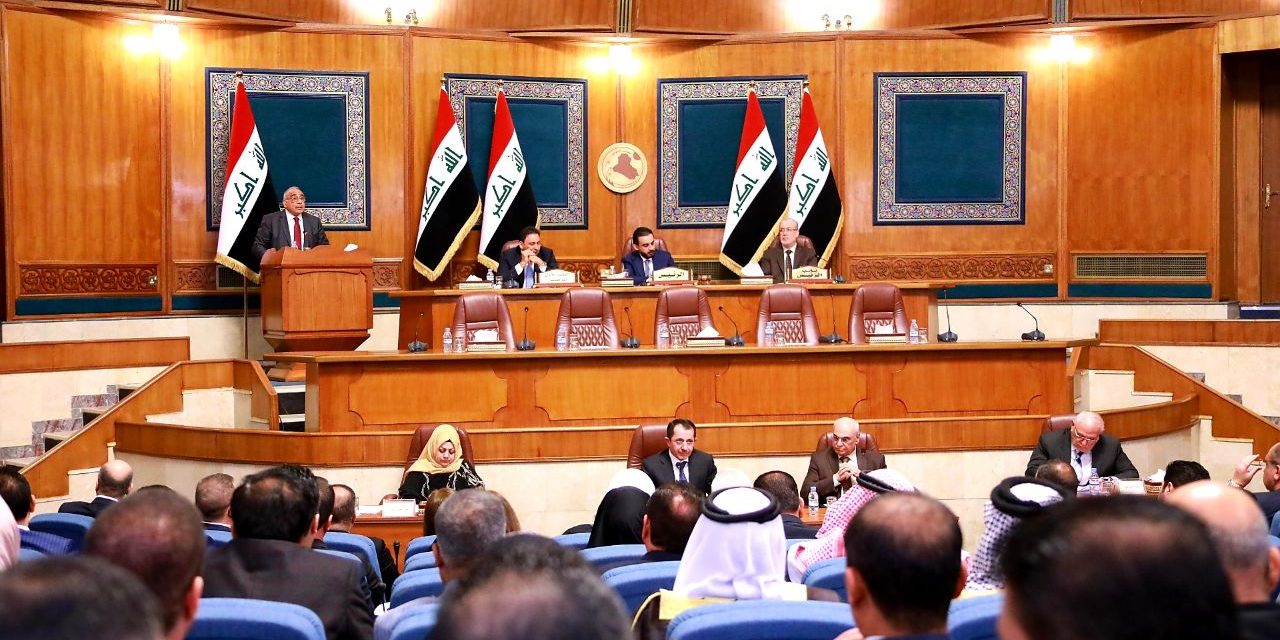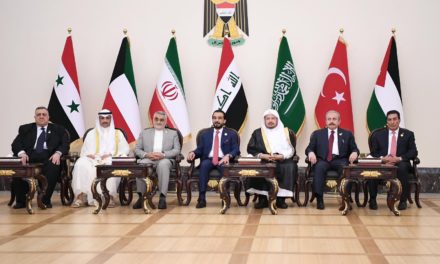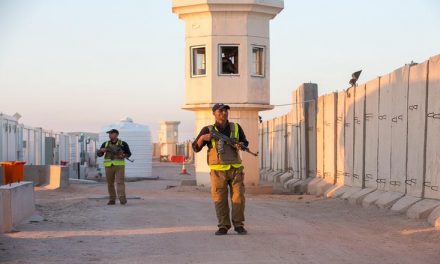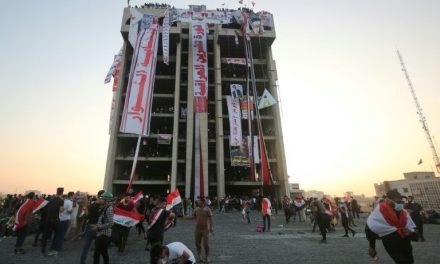The High Council for Combatting Corruption has been making headlines since it was established as the Iraqi government’s latest effort to show its commitment in fighting corruption. At the annual Sulaimani Forum organized by the Institute of Regional and International Studies, the majority of speakers seemed to be in agreement that the problem in Iraq is corruption, putting greater pressure on the government’s new initiative to succeed.
Building on this, Prime Minister Adil Abd Al-Mahdi invited Parliamentarians, the President, and representatives from the Judiciary to a joint session on March 9th to brief them on the efforts his government is intending to undertake with regards to corruption, highlighting Abd Al-Mahdi’s approach as follows:
- Supporting monitory and integrity institutions in their efforts.
- Redesigning the anti-corruption legal framework in the country.
- Requiring ministries and state organizations to craft plans on how to combat corruption and hold them accountable for their progress.
- Designing a grand anti-corruption strategy that involves the State, the Judiciary, NGOs, and the media.
- Laying down the criteria for creating a local index to measure progress in anti-corruption.
- Boosting the effort in order to reclaim Iraqi money and stolen property funnelled out due to corrupt activities.
- Implementing the “Where-did-you-get-this” initiative which calls on Parliament to pass a law addressing illegal gains.
Furthermore, the Prime Minister mentioned 40 areas in which his government intends to address corrupt practices, which practically includes all aspects of public life.
While many were hoping that the posts of Ministerial Inspector Generals would be abolished, the Prime Minister announced that the government would work on reevaluating their performance and make their offices more effective.
Furthermore, the Prime Minister mentioned three enablers of corruption in the country:
- A cash-based economy in which around 34 trillion IQD are flowing freely without any possibility to monitor how this money is utilized.
- The weak witness protection efforts when it comes to corruption cases in which whistleblower, anti-corruption activists, and officials who tackle corruption become the victims.
- The practically non-existing participation of citizens in the anti-corruption efforts which is essential in achieving progress.
One particularly shocking number stated by Abd Al-Mahdi was the 9000 unfinished projects, valued at over $300 billion USD, where he mentioned various examples of projects that were halted because of bureaucratic routines, disputes over land, or simple mismanagement, or all, which enable corruption and produce a crisis in services.
In his speech, the Prime Minister painted in detail a grim picture of corruption in Iraq, a situation Iraqis know all too well. While he explained broadly what needs to be done, what will determine his success will be his practical approach and more importantly his performance. One important indicator about his effectiveness in this field is whether he will tackle corruption in a systematic way.
Although necessary, just removing certain corrupt individuals and announcing it has achieved progress against corruption is not serious reform. The same applies to finalizing the staggering number of unfinished projects. Engaging only in these activities allows the Prime Minister to reap the political capital, but in the long term not much will change with regard to corruption.
Experts agree that tackling the pervasive networks of corruption in the country will allow for more meaningful progress. Corruption is a group effort and removing certain individuals will not necessarily stop these networks from finding new members to replace them. It is also essential to understand why so many projects failed to finalize and introduce safeguards to prevent this happening in the future.
Furthermore, it is crucial to tackle the persisting relationship between different individuals and institutions in order to change the system. A good example was establishing the High Council for Combatting Corruption which, if utilized effectively, changes the relationship between the different monitoring and integrity organizations, turning potential competition and disorganization into cooperation and effectiveness. Changing organizational structures and reducing bureaucratic layers will also go a long way in reducing mismanagement and inefficiency, taking away the perfect opportunities for corruption to fester.
The most meaningful change however will happen if the functions and purposes of state organizations are transformed. Without a doubt, many state-linked organizations, like Iraq’s state-owned enterprises are ineffective and drain the state from important funds, and their problems require a fundamental solution. Other organizations like the Ministry of Science and Technology are redundant, focusing on irrelevant research to Iraq’s current problems and challenges, begging the question whether it would be better to merge it with the Ministry of Higher Education or not? The same applies to the multi-layered and confusing security apparatus of the country. All these institutions need to be examined and reformed, and their functions streamlined. Long-lasting progress against corruption is strongly coupled with administrative reform.
Real change will only be achieved through relentless efforts to fight corruption with timelines measured in decades, not years. However if things are done right, progress will be visible along the way.
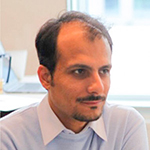
Muhammad Al-Waeli
Muhammad Al-Waeli is a Ph.D. candidate in management focusing on leadership and reform in Iraq.

